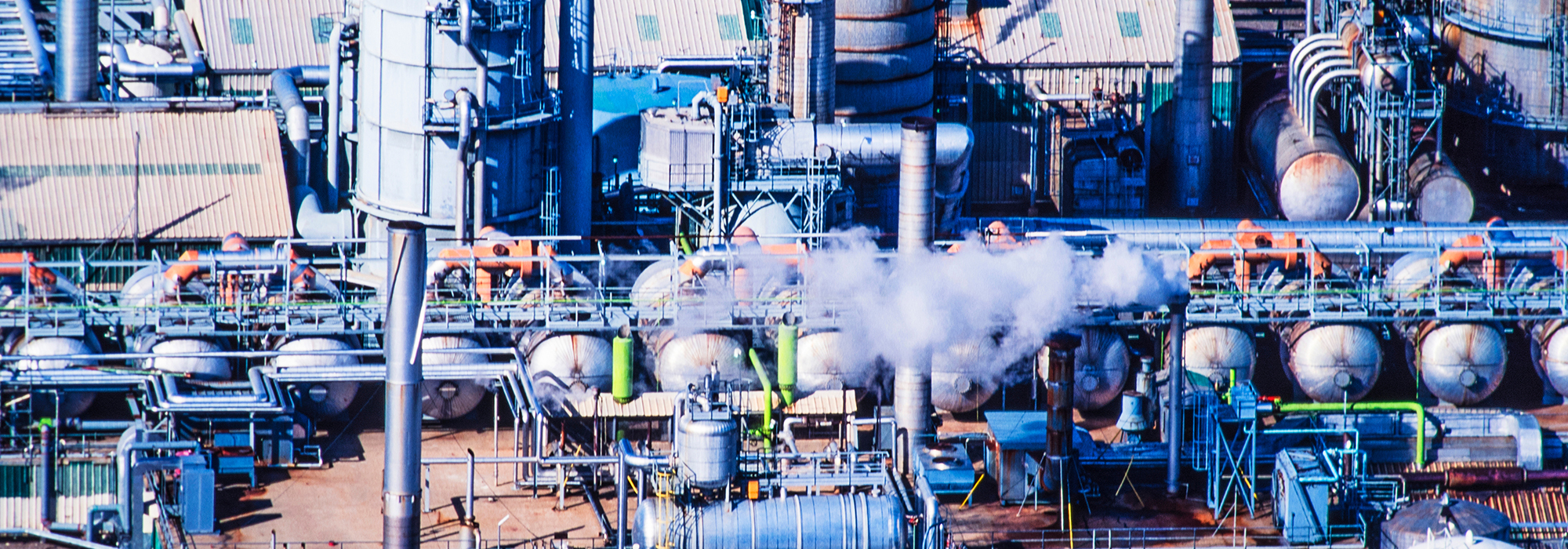
Our recent federal election has confirmed the growing tide of western alienation in Canada. Such discontent in Alberta has not been felt since the 1980s, when Pierre Trudeau’s government tried to impose the National Energy Program (NEP).
The 2019 election also delivered a solid mandate to build and operate the Trans Mountain Expansion (TMX) pipeline project. Justin Trudeau’s government bought the existing Trans Mountain pipeline in 2018 and promised TMX completion. This is a credibility crucible for the new Liberal minority government, especially in the West. TMX completion over the next two years will assuage some of the feelings of alienation, but more will be required. An ensuing and complementary initiative that would further promote national unity is refining raw bitumen from the oil sands into much more valuable and environmentally benign petroleum products like diesel fuel.
Visionary political leadership seeking common ground
Back in the 1980s, Alberta’s premier, Peter Lougheed, pushed back hard on the NEP, achieving an agreement with the federal government that recognized Alberta’s constitutional jurisdiction over the oil sands and attendant rights to royalty and tax revenues. He also established the Alberta Heritage Savings Trust Fund to save and invest oil and gas revenues, strengthen and diversify the provincial economy and improve the quality of life for Albertans. Such visionary policy produced real results. Development of the internationally renowned Kananaskis Country tourism destination and provincial park in southwest Alberta is an enduring example. Successive provincial governments later squandered opportunities to build up the fund and make wise investments. Out of office, Lougheed remained a remarkable Canadian and proud Albertan. Many years later, he commented on the shipment of raw bitumen from the oil sands to US heavy oil refineries, saying, “I just find it completely unacceptable that our resource involves shipping jobs down the pipeline with bitumen to the United States.” He held the view that the resource should be refined where it is mined, right in Alberta.
Strong leadership and vision are not very evident at the moment in Alberta amid the fed-bashing and blame being heaped on another Prime Minister Trudeau for all the province’s woes with oil prices, job losses, carbon taxes and trying to get pipelines built. Many people can’t seem to forget or forgive the Trudeau name, and Alberta Premier Jason Kenney has fanned the flames. Certainly, the federal government should be held to full account to develop the TMX pipeline. Canada, Alberta, Saskatchewan and the oil sands industry all need to find common ground centred on the importance of delivering and selling oil sands product at a fair price in international and domestic markets, sustaining jobs, economic benefits and our environment over the long transition to a low-carbon future. The International Energy Agency and leading energy experts agree that fossil fuels will continue to be an important part of the energy mix late into this century as renewables like solar and wind are developed on the large scale required to meet global energy demands.
The TMX pipeline and refining diluted bitumen
Refining bitumen into diesel and light petroleum products to ship to tidewater and Asian markets would end the deep price discount currently resulting from limited pipeline capacity, dependence on the US market and more costly railcar delivery. Furthermore, refined bitumen would better meet Canadian domestic energy needs. But bitumen refining is an expensive proposition.
The new Sturgeon Refinery at Redwater, Alberta, near Edmonton, will start refining up to 80,000 barrels per day (bpd) of diluted bitumen into diesel and other light petroleum products in 2020.
The project has been developed through a partnership between North West Refining Inc. (Alberta) and Canadian Natural Resources Limited. The Alberta Petroleum Marketing Commission will supply most of the bitumen feedstock. This project has been fraught with repeated delays and cost overruns as new technologies like carbon capture and storage were incorporated. Project costs have skyrocketed to $9.7 billion. The good news is that this partnership of two Canadian companies and the Alberta government has developed an innovative, prototype refinery that will produce higher-value diesel from diluted bitumen while capturing and storing CO2 to reduce GHG emissions.
Academics and business economists have questioned the financial feasibility of refining bitumen in Alberta because of the large capital outlays required and projected rates of return on investment. The existing Trans Mountain pipeline delivers about 300,000 bpd of diluted bitumen and lighter petroleum products in batches to Vancouver. The TMX pipeline has a planned capacity of 890,000 bpd. A refinery that could process such quantities of bitumen would take at least five years to plan, build and make operational, at a cost that could easily reach $20 billion. However, if Canada, Alberta and Saskatchewan were to commit public financing alongside industry and Indigenous investment partners, such a collaborative project could prove very viable for the remainder of this century. The cost would be comparable to large-scale hydroelectric power plants and liquid natural gas production.
The oil sands represent 97 percent of Canada’s total oil reserves — the third largest proven reserves in the world, after those in Saudi Arabia and Venezuela. They are a vital part of our economy and will remain so even as Canada aggressively pursues our Paris Agreement commitments. The Conference Board of Canada has estimated that every $1 billion of oil sands investment can generate nearly 4,000 person-years of employment from direct investments. Significant regional and national supply chain effects also benefit the oilfield and professional services, manufacturing, wholesale trade, financial and transportation sectors. The oil sands contribute importantly to the national prosperity required to aggressively invest and innovate in renewables like solar and wind, which will help Canada meet or exceed our GHG emissions reduction commitments.
Furthermore, financial feasibility studies have paid scant attention to the downstream environmental risks and costs of shipping large volumes of diluted bitumen in pipelines, rail tanker cars and tanker ships. Diluted bitumen can pose serious threats to freshwater and marine ecosystems should accidental spills occur. Diluted bitumen is a viscous, heavy substance that sinks in water as the diluent evaporates and is extremely difficult to clean up. An Enbridge pipeline from Canada spilled 24,000 barrels of diluted bitumen into Michigan’s Kalamazoo River in 2010. This spill required several years and over $1 billion to clean up. Diesel fuel does not sink in water, evaporates quickly and would have been much less consequential in an accidental spill like this.
The TMX pipeline will transport diluted bitumen through Jasper National Park (part of the Canadian Rocky Mountain Parks World Heritage Site) and along the banks of three rivers — the Athabasca, Thompson and Fraser — to the Pacific coast at Vancouver. At risk are ecosystems that include river and riparian habitats, salmon runs and spawning areas, marine areas and vulnerable species like killer whales. The values they represent are nationally significant, with particular importance for the cultural traditions of Indigenous communities. If diluted bitumen volumes can be steadily replaced over time in pipeline operations by higher volumes of diesel and refined light petroleum products in batch delivery, the environmental risks could be substantially reduced. Refining bitumen will not only add significant value to oil sands products but will also ensure much better risk management and environmental protection in pipeline operations and ocean tanker shipments. Moreover, refining in Alberta would be consistent with article 6 of the Paris Agreement, offsetting the need to refine bitumen in Asian destination markets.
Developing and operating large-scale refining capacity in Alberta would be exceptionally complementary to the TMX pipeline. Such a project could further reduce western alienation and promote a sense of unified purpose, with real economic and environmental protection benefits for the West and Canada as a whole. Visionary, collaborative political leadership is a prerequisite and would have to replace the partisan sniping we are experiencing now.
Photo: Shutterstock, by Russ Heinl.
Do you have something to say about the article you just read? Be part of the Policy Options discussion, and send in your own submission. Here is a link on how to do it. | Souhaitez-vous réagir à cet article ? Joignez-vous aux débats d’Options politiques et soumettez-nous votre texte en suivant ces directives.







